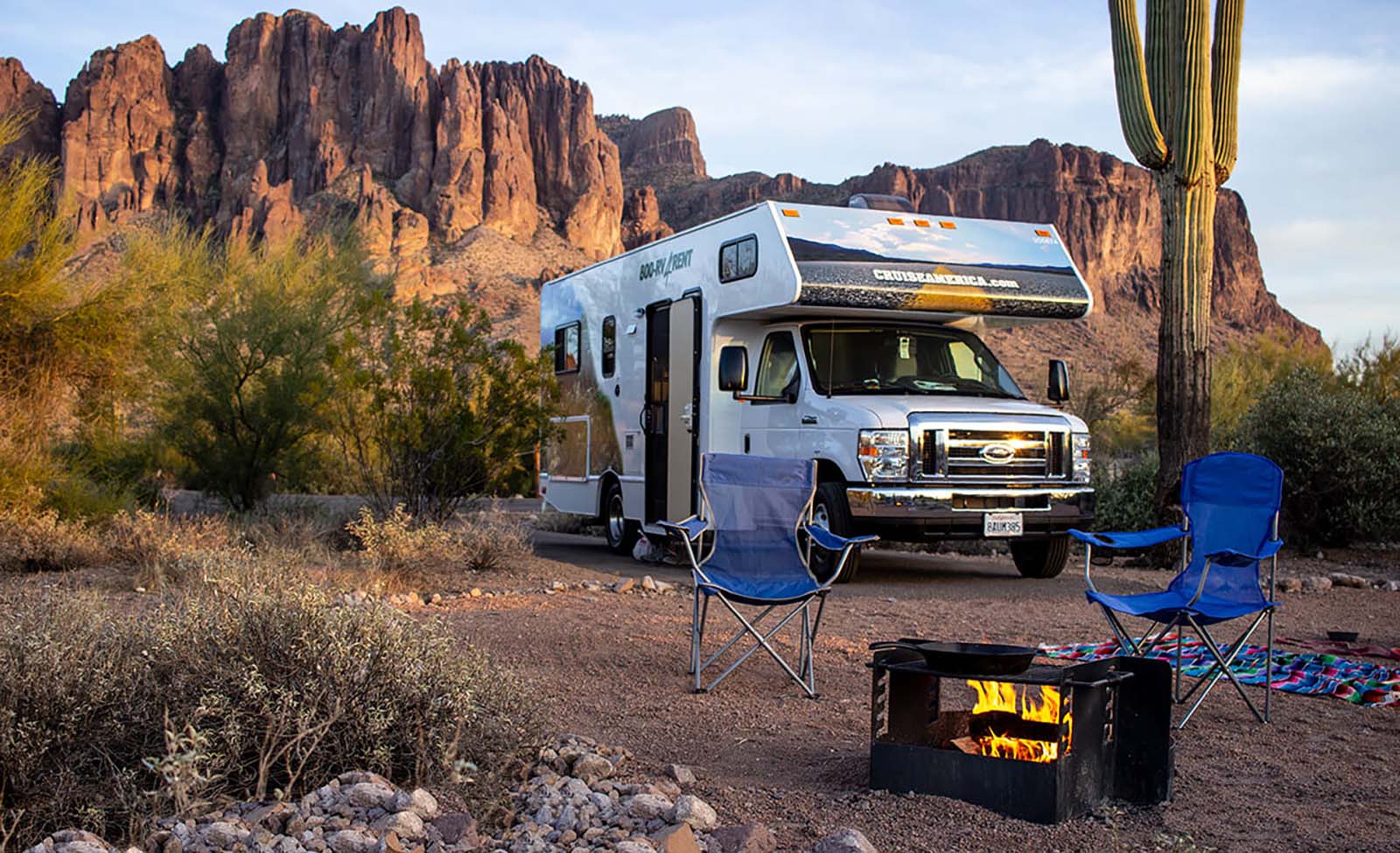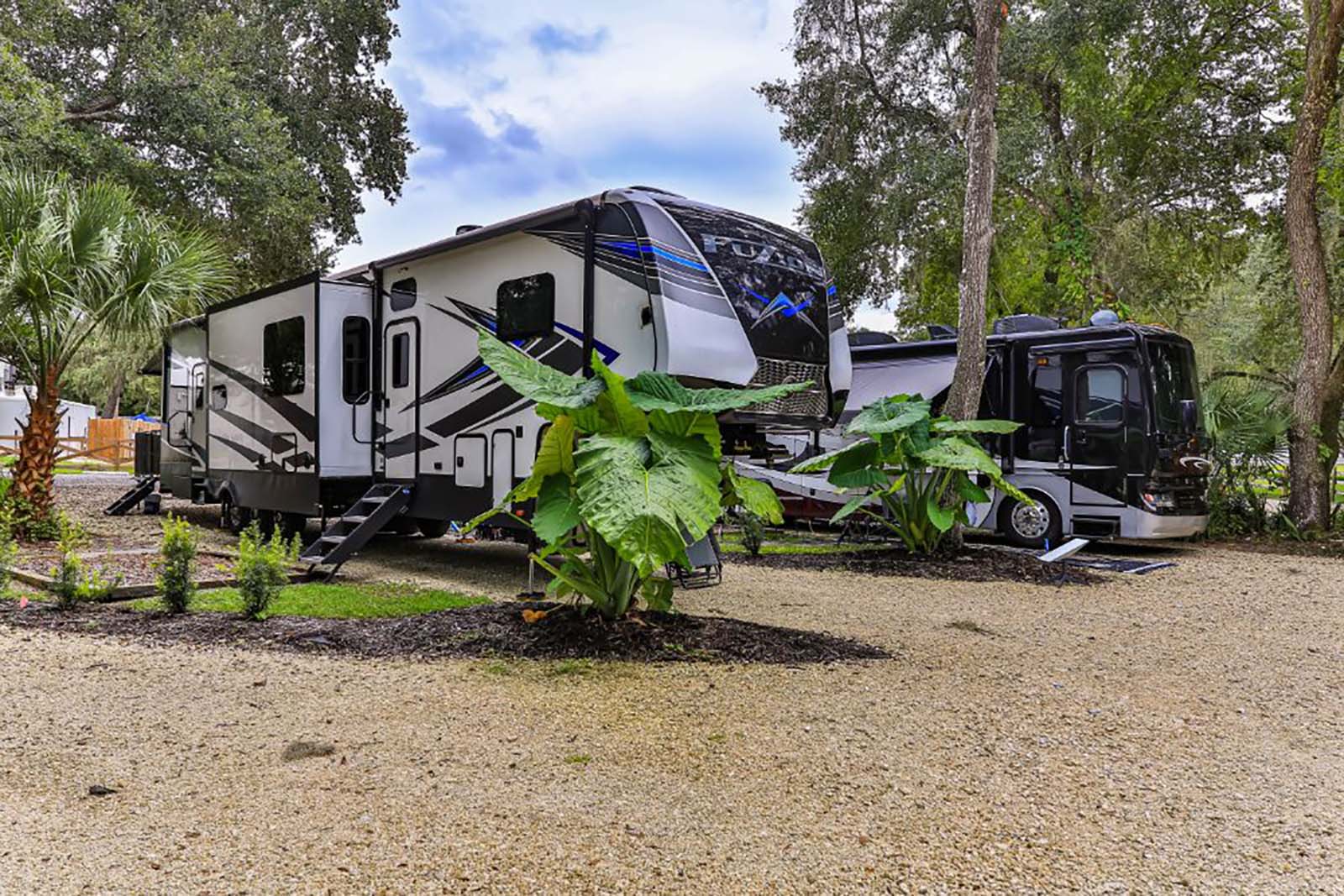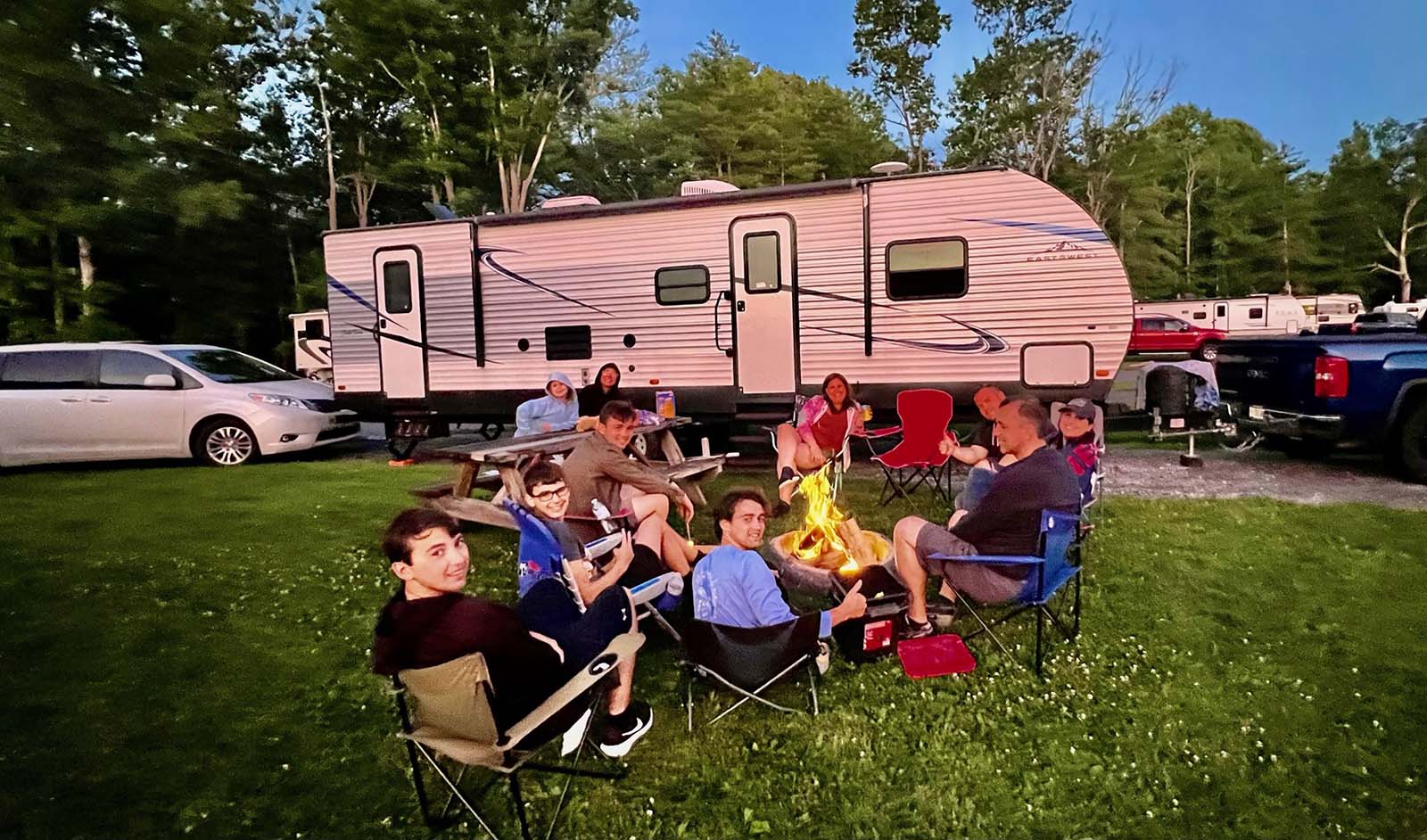Title: Can an RV Furnace Run on Battery? A Comprehensive Guide

Introduction: As an RV owner, it’s essential to understand the different power sources your appliances rely on. One common question is whether the RV furnace can operate on battery power. In this article, we will dive into the topic and examine the feasibility of running an RV furnace solely on battery power.
H2: Understanding RV Furnace Power Requirements
H3: 1. Types of RV Furnaces RV furnaces are typically powered by propane or electricity. Propane furnaces rely on a separate tank, while electric furnaces draw power from an external source or the RV’s battery.

H3: 2. Battery Power Limitations While it may be possible to operate an RV furnace on battery power, it’s important to note that the furnace is a power-hungry appliance. RV batteries have limited capacity and may not provide sufficient power to run the furnace continuously or for extended periods.
H2: Pros and Cons of Running an RV Furnace on Battery Power
H3: 3. Pros of Battery-Powered RV Furnace One advantage of running an RV furnace on battery power is its independence from external power sources. This can be extremely useful when boondocking or during power outages. It also eliminates the need for propane, reducing potential safety risks.

H3: 4. Cons of Battery-Powered RV Furnace Battery-powered RV furnaces have some drawbacks. The limited battery capacity may only allow for short periods of furnace operation, especially in colder climates. Additionally, running the furnace on battery power reduces the available power for other appliances, potentially draining the battery quickly.
H2: Enhancing Battery Power for RV Furnace
H3: 5. Upgrading Battery Capacity To enhance the battery power for running the RV furnace, consider upgrading to higher-capacity deep-cycle batteries. These batteries are designed to provide sustained power over prolonged periods and can support the demand of the furnace better than standard RV batteries.
H3: 6. Solar Power Solutions Integrating solar panels into the RV’s electrical system can provide a renewable and environmentally-friendly energy source. Solar power can help offset the power consumption of the furnace and extend battery life, especially during daytime hours.
H3: 7. Energy-Efficient Furnace Models Choosing an energy-efficient RV furnace can significantly reduce power consumption. Look for models with high AFUE (Annual Fuel Utilization Efficiency) ratings as they will convert a greater percentage of energy into heat, maximizing the battery power available for other appliances.
H2: Alternatives to Battery Power
H3: 8. Propane as an Alternative If battery power is limited, propane furnaces can offer a reliable alternative. Propane provides a steady and ample source of heat, allowing you to use the furnace without depending solely on battery power.
H3: 9. Utilizing External Power Sources When parked at a campsite with access to electrical hook-ups, utilizing external power sources will be the most convenient option. By plugging the RV into a power pedestal, you can run all your appliances, including the furnace, without relying on batteries.
Conclusion: While it is technically possible to run an RV furnace on battery power, it comes with limitations due to battery capacity and power demands. Enhancing battery capacity, utilizing solar power, and choosing energy-efficient furnaces can mitigate these limitations. Alternatives such as propane and external power sources can provide more reliable and continuous heating solutions. Consider your specific needs and the available resources before determining the best approach for running your RV furnace.

